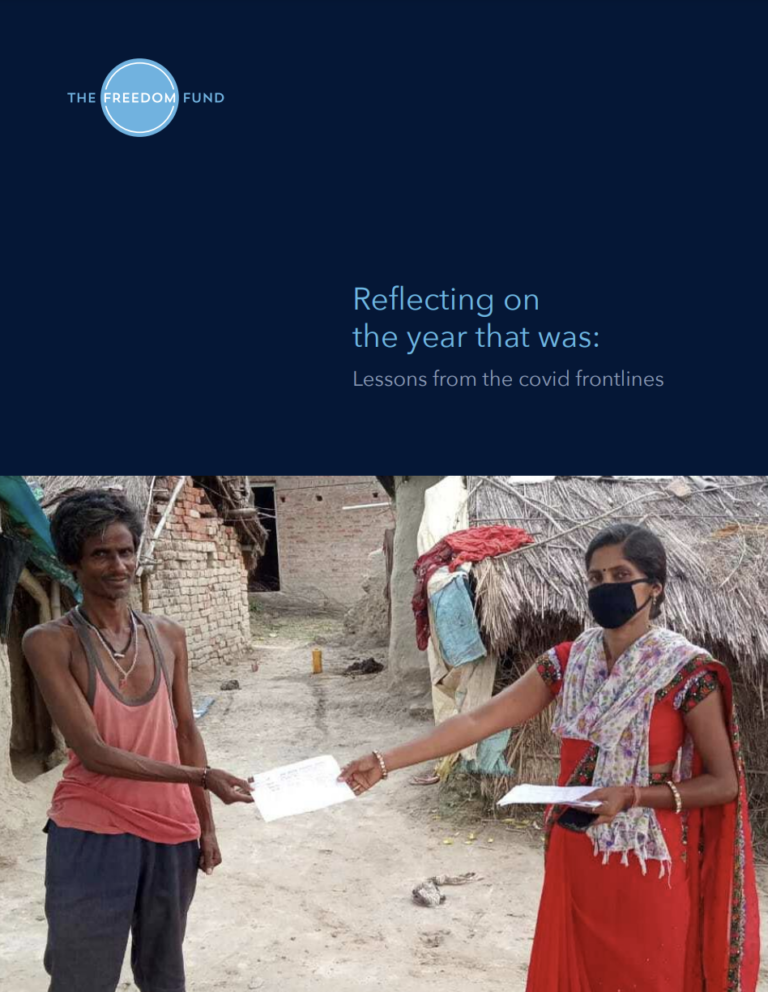United State Advisory Council on Human Trafficking Annual Report, 2019
PublicationsThis report provides actionable recommendations to U.S. government agencies on efforts nationally and internationally, and as agencies cooperate with state, local, and tribal governments, NGOs, faith-based organizations, community members, businesse...Read More

